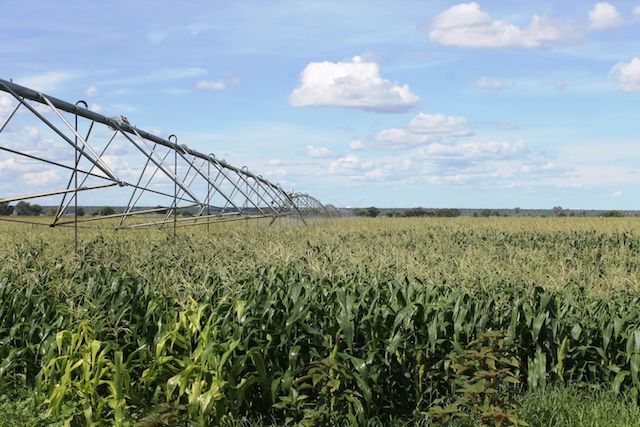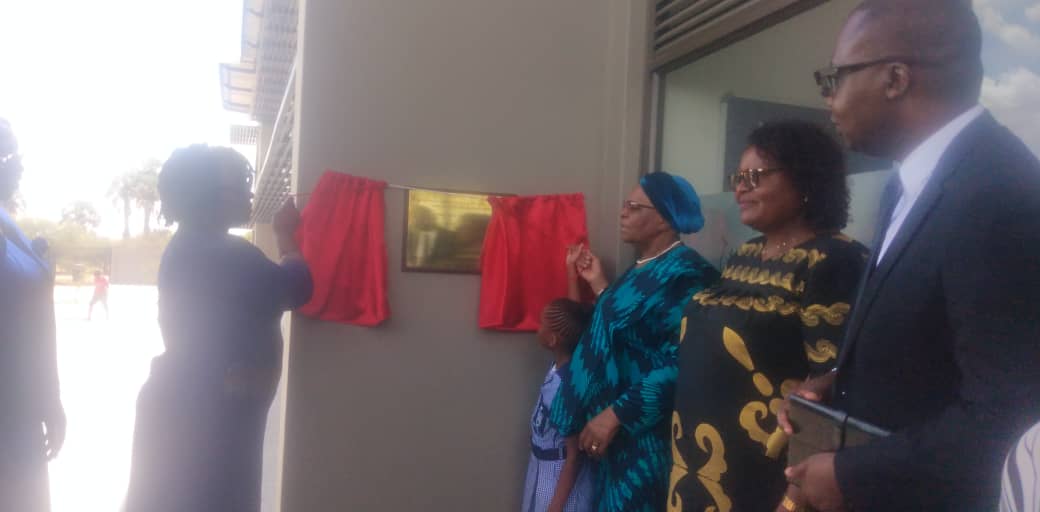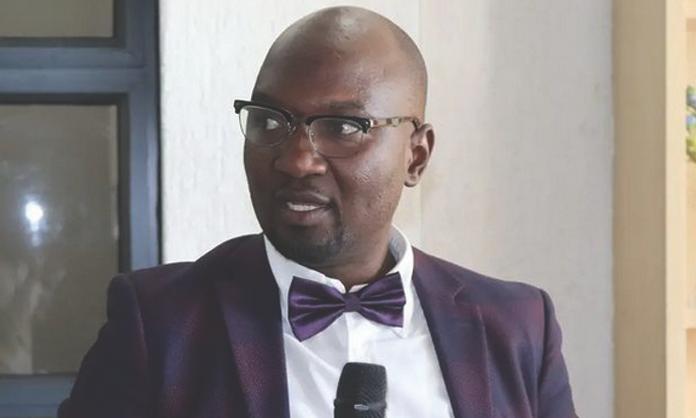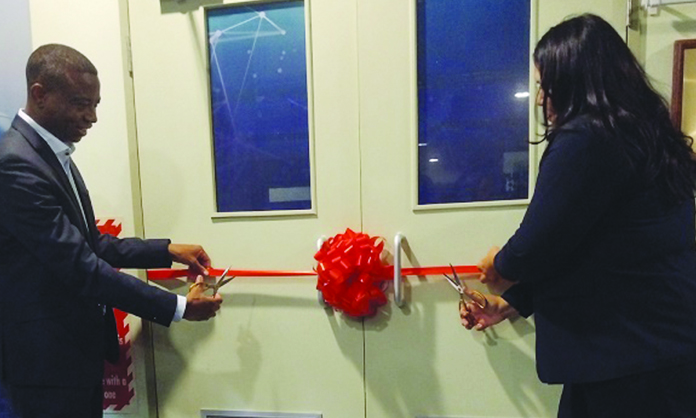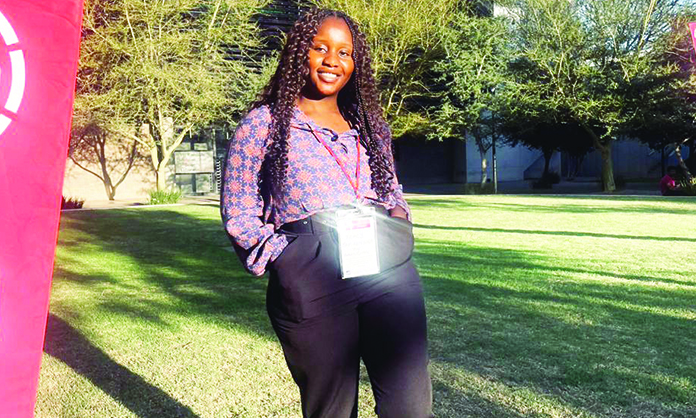A lack of tractors at the Hardap green scheme irrigation project is said to be the main challenge in terms of the production of lucerne.
The Hardap Green Scheme Irrigation project (located outside Mariental) is one of the smallest state-owned green schemes, mainly focusing on the production of lucerne and, occasionally, barley, oats, maize and wheat.
However, Hardap green scheme irrigation project manager Lima Kativa recently told The Namibian the lack of tractors hampers their work.
Kativa said at the moment they only have three tractors, which must also be provided to their medium and small-scale farmers in the production of lucerne.
He said because of the lack of tractors, some farmers have to wait for others to do their work, which drags the process out.
“At the moment, we only have three working tractors, because others got broken,” he said.
He appealed to the government to provide the green scheme with more tractors to conduct their work in a timely and efficient manner.
At the moment, there are 15 plots for small-scale farmers at the Hardap green scheme irrigation project, which occupies a total number of 292 hectares of land, he said.
Each small-scale farmer is given a house and they alone occupy 90 hectares of land at the green scheme, while 202 hectares of land is for the government commercial part of the green scheme, but not all is irrigable, said Kativa.
“We only have about 80% land which is irrigable, while 122ha are still to be developed,” he said.
Asked why they are focusing on lucerne production, Kativa said lucerne is a long-term crop which thrives well it hot conditions, and they harvest after every 45 days.
He said 70% of the fodder is sold to local farmers as the demand is very high, while the rest is sold to clients from outside the region.
“We are unable to meet the demand. Trucks come from as far as Oshakati, Ruacana and Windhoek.
We do not even advertise as we do not have a problem with customers or water,” said Kativa.
Small and medium farmers at the Hardap green scheme pay for leases and services and they also have their own water account.
“But we work together, helping them with equipment,” he said.
Kativa noted that they have not been affected in any way by the dissolution of the Agricultural Business Development Agency (Agribusdev) and they will survive on their own, provided the government responds positively to their plea for enough tractors.
“We can even plant 100 hectares of lucerne within the next three years and that should be able to take us back to investment prices, which always fluctuate,” he said.
At the moment, they have 15 employees.
Lucerne, said Kativa, is very high in protein, easy to grow and they have also been training some people from rural areas to grow it.
“It is high in protein and it is in the family of beans. It can be fed to all animals, from goats, sheep, pigs, chicken and cattle, as a supplement. Once you plant it, you do not need to plant it again as once water is placed on the field it will just germinate again.
This lucerne you see here, is probably five to nine years old,” he said. This speaks well to the fact that lucerne seeds are very expensive.
A bag of lucerne seeds at Agra or Kaap Agri costs about N$299.
Within the Hardap scheme, there are also private commercial farmers producing maize, wheat and vegetables.
During the visit by the parliamentary standing committee on natural resources to the Hardap region this year, small and medium-scale farmers were commended for playing a role in reaching food security in the country.
Committee member Ephraim Nekongo said subsidies provided to farmers need to be reviewed as one could see that money allocated was utilised for its right purpose, although “we still feel as parliamentarians the fund is little”.
He said in terms of horticulture production, where they are given materials they could do better if such are given to them for free. “Because if people can do the work, why can’t we give it for free?”
Agriculture spokesperson Jona Musheko told The Namibian last Friday that the ministry is aware of the situation at the Hardap Green Scheme and they will soon supplement the project’s tractor fleet with new ones.
Stay informed with The Namibian – your source for credible journalism. Get in-depth reporting and opinions for
only N$85 a month. Invest in journalism, invest in democracy –
Subscribe Now!


